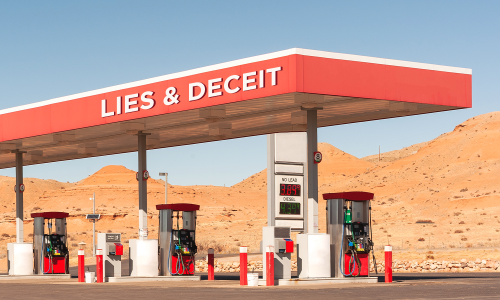Reliance on petroleum for transportation fuel leaves America vulnerable to the instability of the global oil market. At the same time, transportation is one of the largest sources of global warming pollution, which must be reduced dramatically to avoid the most catastrophic effects of climate. One promising strategy to simultaneously address our petroleum addiction and the global warming crisis is a Low Carbon Fuel Standard (LCFS).
Under a well-designed LCFS, fuel suppliers must reduce the life cycle emissions of the fuels they sell on an average per-gallon basis. Rather than promoting particular technologies or specific fuels, fuel suppliers are free to choose how they meet the emissions targets. For example, they could blend lower-carbon biofuels, such as cellulosic ethanol (ethanol made from a wide variety of plant materials including wood waste, corn stalks and grasses), into the gasoline they sell; sell low carbon biofuels as E85 for use in flex fuel vehicles; reduce emissions from the refining process; or sell natural gas for use as a transportation fuel. Market mechanisms allow for trading credits, which provides additional flexibility and lowers the cost of compliance. For example, fuel suppliers can purchase credits from electric utilities that supply low carbon electricity to plug-in hybrids or battery-powered electric vehicles.
By allowing compliance flexibility, the LCFS supports innovation in transportation fuels while contributing to both energy and climate security.



